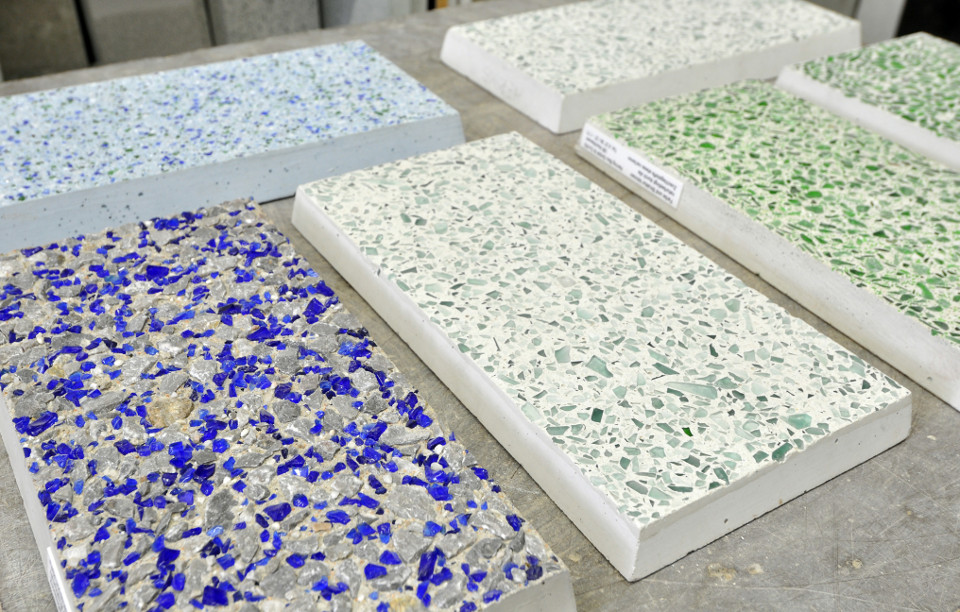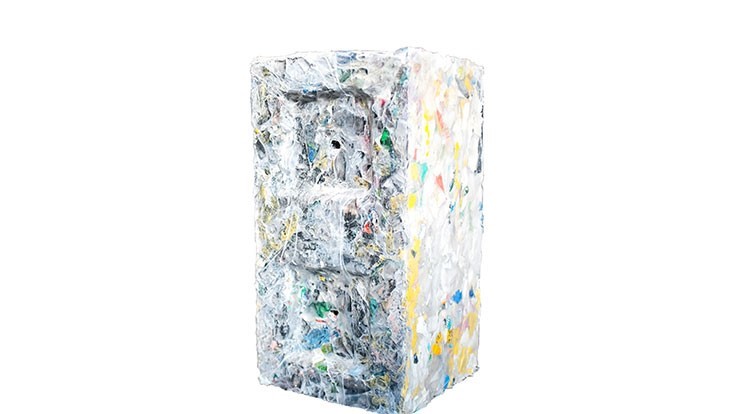|
2020-03-29 07:31:50 Waste plastic and glass
Glass is endlessly recyclable, back to its original use. It never loses its quality and purity, no matter how many times it’s recycled…. but is it actually being recycled? Most glass isn’t actually recycled. In fact, only 33 percent of waste glass is recycled in America. When you consider 10 million metric tons of glass is disposed of every year in America, that’s not a very high recycling rate. Here is the firs idea. Glass Concrete is a special variation of exposed aggregate concrete. In the case of this concrete, it is the glass particles visible on its surface that result in a particularly appealing appearance. It is especially during daytime that fascinating light effects can be achieved in this manner, giving the concrete a surface of unique vitality in appearance. During the production process of this concrete, glass granules are added in its fresh state, and, after application of a retarding agent, as with exposed aggregate concrete, is washed out or, for example in the case of concrete flooring, can also be polished. As for polished glass concrete, a special glass granule is added to, or spread onto, the fresh concrete. After approximately two weeks, the cured concrete is polished. The reason for this is that plastic is the biggest culprit when it comes to waste production; we throw away more plastic than any other material. Not only this, it also accounts for around 90% of all the waste that bobs around in our seas and oceans. The second idea. Plastic bricks vs. conventional bricks - they're thinner and lighter, have superb heat insulating properties (5 times more than standard bricks) and are just as strong as their stony counterparts. They're also great at insulating against noise and it only takes 20 bottles on average to make one brick. Each brick helps rid the world of discarded plastic and is cheaper and more fuel efficient to manufacture than conventional bricks. It's also less energy intensive than recycling the plastic into other forms.
|
 Are You ready to start new bussiness?
Are You ready to start new bussiness?